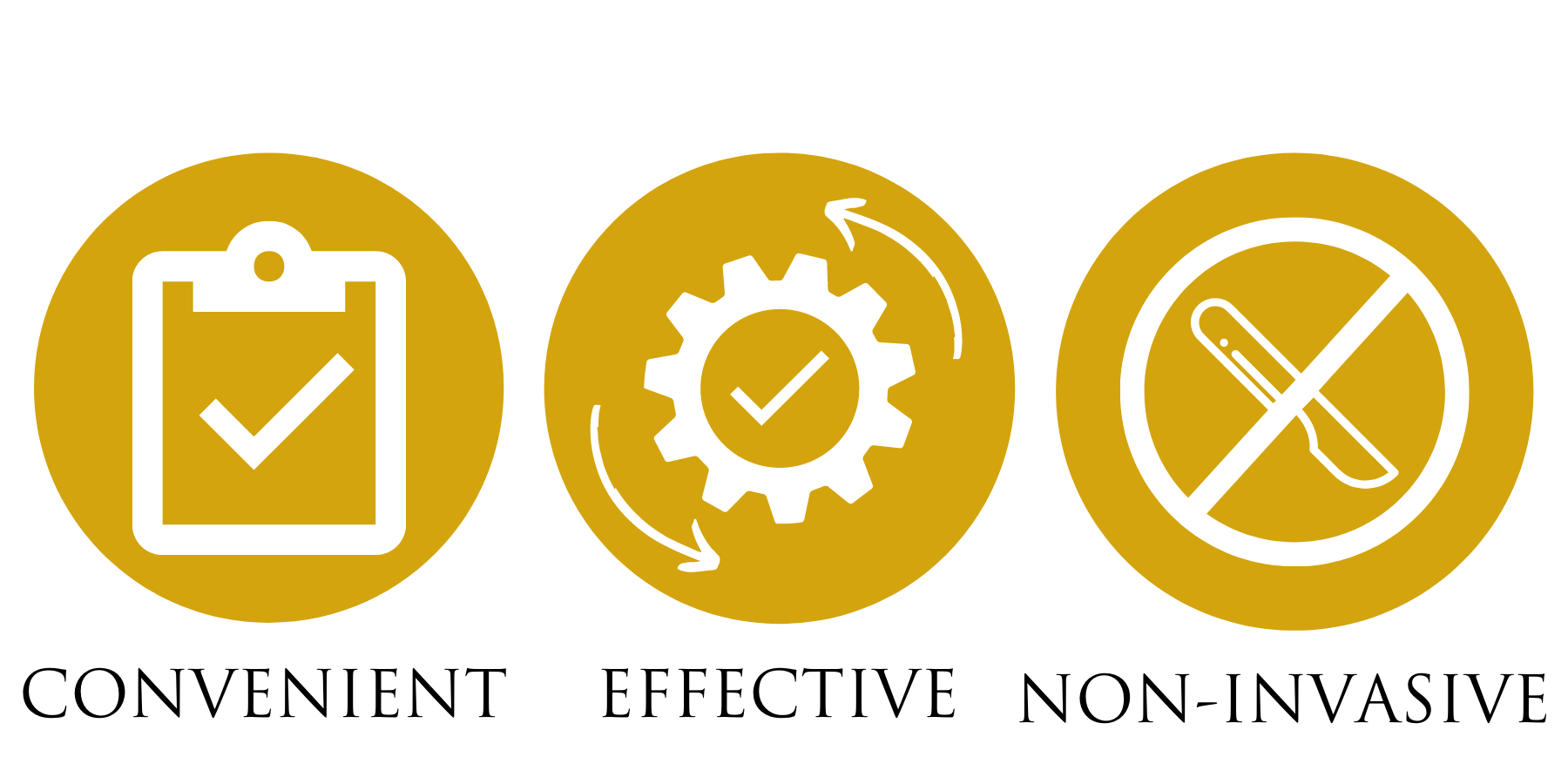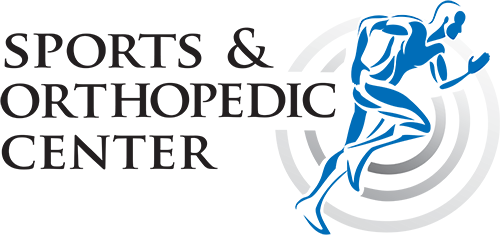Plasma is the liquid portion of whole blood. It is composed largely of water and proteins, and it provides a medium for red blood cells, white blood cells and platelets to circulate through the body. Platelets, also called thrombocytes, are blood cells that cause blood clots and other necessary growth healing functions.
Platelet activation plays a key role in the body’s natural healing process.
What is a PRP injection?
After creating platelet-rich plasma from a patient’s blood sample, that solution is injected into the target area, such as an injured knee or a tendon. In some cases, the clinician may use ultrasound to guide the injection. The idea is to increase the concentration of specific bioproteins or hormones, called growth factors, in a specific area to accelerate the healing process.
The mechanism behind PRP injections is not completely understood. Studies show that the increased concentration of growth factors in platelet-rich plasma may stimulate or speed up the healing process, shortening healing time for injuries, decreasing pain and even encouraging hair growth.
To schedule a sports medicine appointment with Dr. Manish Gupta, call 954-481-9942 or visit any of our locations in Boca Raton and Coral Springs
What does platelet-rich plasma (PRP) do?
Different types of PRP products are usually given as injections (shots) to heal and repair injuries. The job of platelets in the body is to help blood clot when there is an injury. The cytokines and growth factors that are in platelets can help repair injuries and encourage healing.
Studies have indicated that PRP is or may be useful to treat:
- Knee osteoarthritis (PRP is being combined with other options to lessen pain, improve function and possibly help repair cartilage.)
- Torn tendons
- Arthritis
- Joint conditions
- Rotator cuff injuries
- Back, neck, and knee pain
- Tennis elbow (lateral epicondylitis).
- Sports injuries such as pulled muscles, joint sprains or ligament tears.
Advantages of PRP therapy include:
PRP treatments offer several benefits for many conditions needing pain management.

- Non-surgical so no risks of surgery
- Does not require the use of anesthesia or hospital stays
- Hastens recovery time
- Patient’s own blood is used lessening any risk of transmissible diseases or allergies
For patients who are looking for a non-pharmaceutical/non-surgical treatment option or for whom traditional medical treatments have failed, Platelet Rich Plasma therapy in conjunction with a physical therapy plan has proven to be a very effective, conservative treatment option.
How much do the treatments cost?
Platelet Rich Plasma (PRP) treatment may not be covered by your insurance. If you have any questions regarding your coverage, please ask your insurance carrier for details. The costs vary depending on the procedure. Pricing is available upon request.
When can you expect to see improvement after PRP injections?
PRP stimulates healing of the injured tissue by activating your body’s natural healing capacity. As with most things in medicine, each person will experience healing from treatment in their own way. The exact amount of time the PRP injections last will naturally vary from patient to patient. Patients on average report improvement in between 6 and 12 weeks.
What is the PRP Injection Recovery Time?
After getting PRP injections patients may experience soreness and pain at the site of injection 2-3 days after the procedure – the same as you would for any other injection or shot. The recovery time for PRP injections is so minimal and the procedure is low risk.
The average Platelet Rich Plasma treatment will last about 45-60 minutes. Gentle activity and rest is advised for the first 48 hours following your PRP injection. Following this you can resume your normal activities and commence rehabilitation exercises.
The doctors at Sports & Orthopedic Center are committed to education and advanced, effective treatments to relieve pain, speed healing, and restore your mobility. Ask your doctor today about these advanced treatments so you can make an educated, informed decision about your healthcare.


